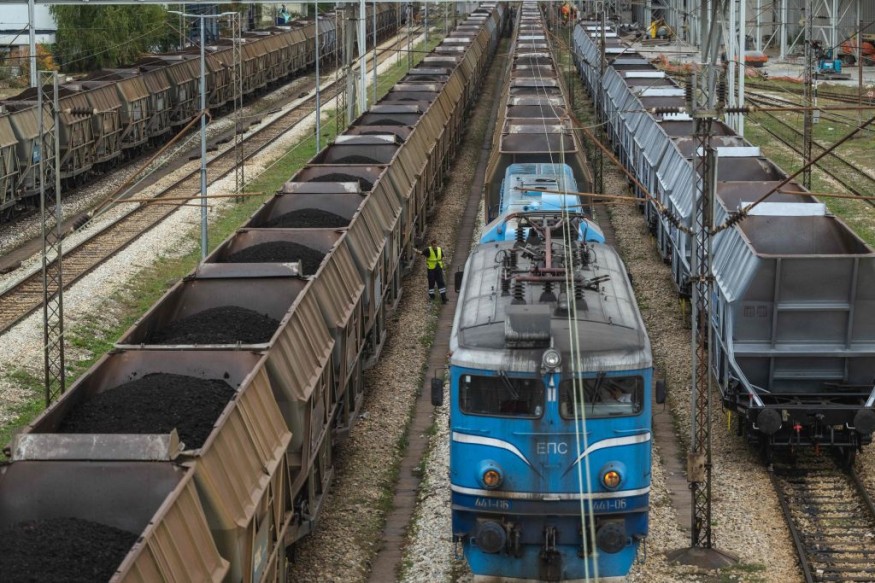The latest report discovered that coal train pollution can affect people's health, particularly for people near areas of the railway. Researchers warned that high exposure to pollution can lead to heart disease, asthma, and increased deaths.
The coal train is one of the modes of transportation. However, researchers raised concerns about the trains with loads of coal, which can lead to local global warming. The study reveals that it can lead to an increase in health risks and disparities, particularly for older adults, people with medical conditions, and children.
Understanding the effects of coal train pollution is essential to potentially limit its effects on people's health and the climate. Recent reports revealed that emissions from burning coal can contribute to smog and respiratory illnesses, including lung disease.
As a result, researchers from the University of California, Davis, studied the health implications of coal train pollution on health. The research report was published in Environmental Research, studying the San Francisco Bay Area. The findings can provide new insights into coal assessment globally.
Coal Train Pollution Impacts on Health

Studying the health risks of coal train pollution can help with the mitigation efforts, reducing the adverse impacts of coal train pollution on health. Researchers noted that communities near the railways or within the passing coal trains are susceptible.
"Our study is a microcosm of what likely affects millions of city residents throughout the world living near passing, uncovered coal trains that deliver coal to power plants and export terminals," Bart Ostro, the study's lead author and a scientist with the UC Davis Air Quality Research Center, said, as quoted in a report.
According to the global estimate, at least 80 countries are using coal power for their electricity supplies. The reduction of coal use will significantly help vulnerable communities. In the study, the researchers included parts of Richmond, Oakland, Martinez, and Berkeley.
"These trains run all over the world, exposing the poorest populations, who often live close to the train tracks. As a result, these impacts have local and global implications," Ostro added.
Prolonged exposure to coal can have severe consequences, possibly causing six deaths each year, while about 262,000 people can be exposed to coal train pollution. The researchers looked into the integrated air quality data and demographics of people for their analysis.
The threats of coal burning
In a recent report, researchers warned that coal, recognized as an energy source, can damage people's well-being. The findings noted that coal combustion can potentially bring hazardous chemicals, and inhalation of said mixtures can threaten's people health.
Additionally, increasing coal burning can exacerbate climate change and global warming. Coal can cause higher temperatures, which are devasting to the human population and wildlife.
For more similar stories, don't forget to follow Nature World News.
© 2025 NatureWorldNews.com All rights reserved. Do not reproduce without permission.





